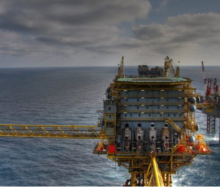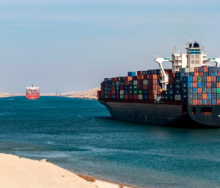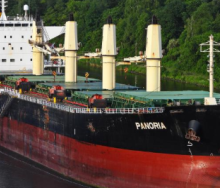Putting the current ocean freight capacity crunch into perspective, Mediterranean Shipping Company CEO Soren Toft told delegates at a Financial Times digital ‘Global Trade Secrets Summit’ that in the second half of 2020, the line had seen the same demand from clients as it would normally receive in a whole year.
He highlighted the surge in US consumer goods imports as a key contributing factor.
Which is why MSC has increased its ocean fleet capacity by 22% since 2019, added 11 new mainline trade services, and expanded its rail offering, in response to a crisis that has propelled logistics to the top of the boardroom agenda in many international companies.
Presenting a selection of MSC’s fleet statistics, Soren showed the audience of senior representatives of organisations from business, finance and public policy the strain that the Covid “crunch” had created for container carriers and how it had impacted their operations.
For example, MSC has typically injected an extra ship for each round-trip service to accommodate not only the increase in demand for trade in goods, but the inefficiency of carrying cargo between congested ports.
Due to the blockages, MSC vessels were tending to queue for longer outside ports before they could access a berth, he said. “In fact, the average waiting time for a port call has increased by 59% in the first nine months of this year, compared with the same period in 2019, and the MSC fleet has lost an additional 5 565 days stuck at anchor in the same period.”
We believe demand will continue into next year, so we will most likely have to continue to deal with these supply chain issues in some shape or form into the foreseeable future,” he said. “We are in the midst of an unprecedented supply chain crunch not seen for a long time.”













